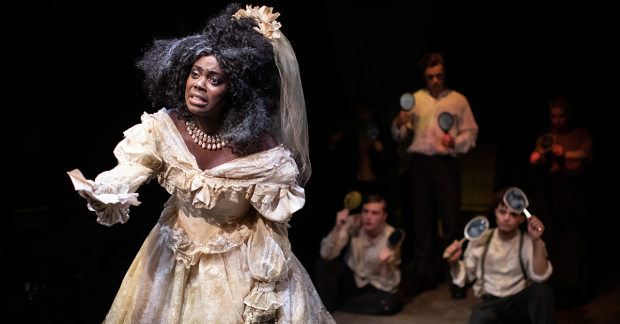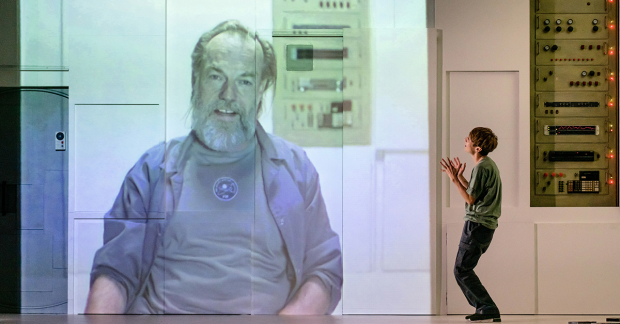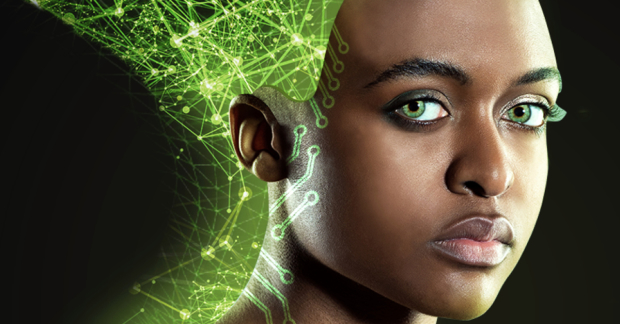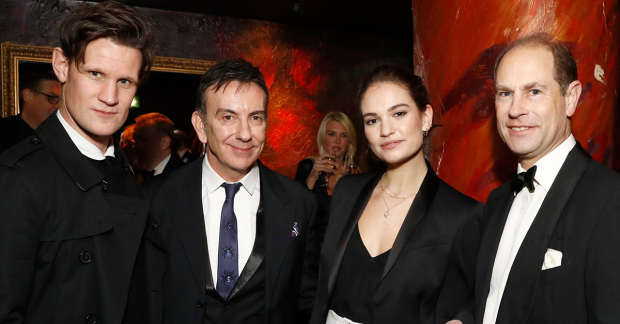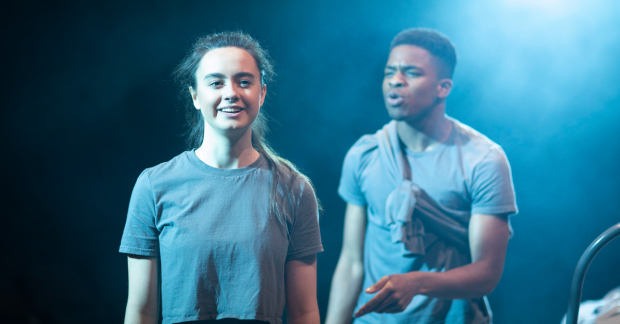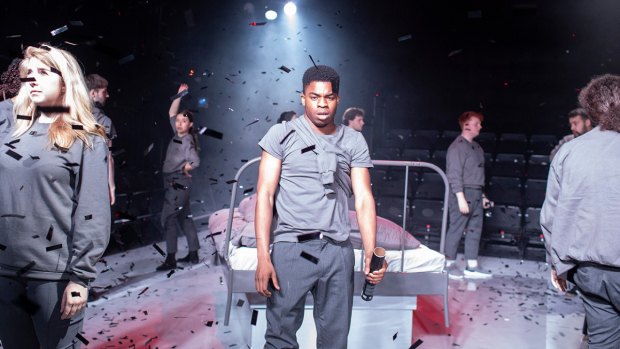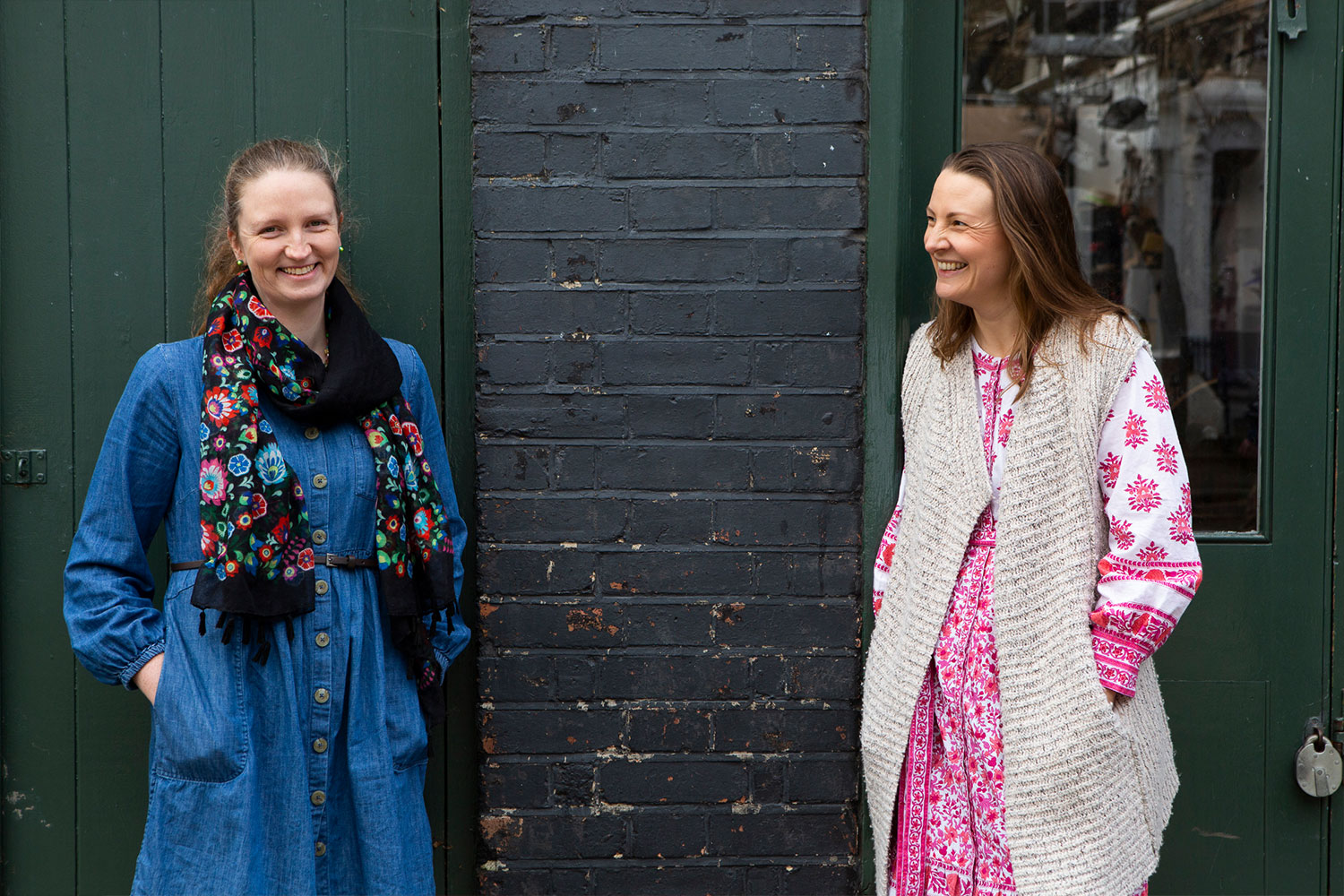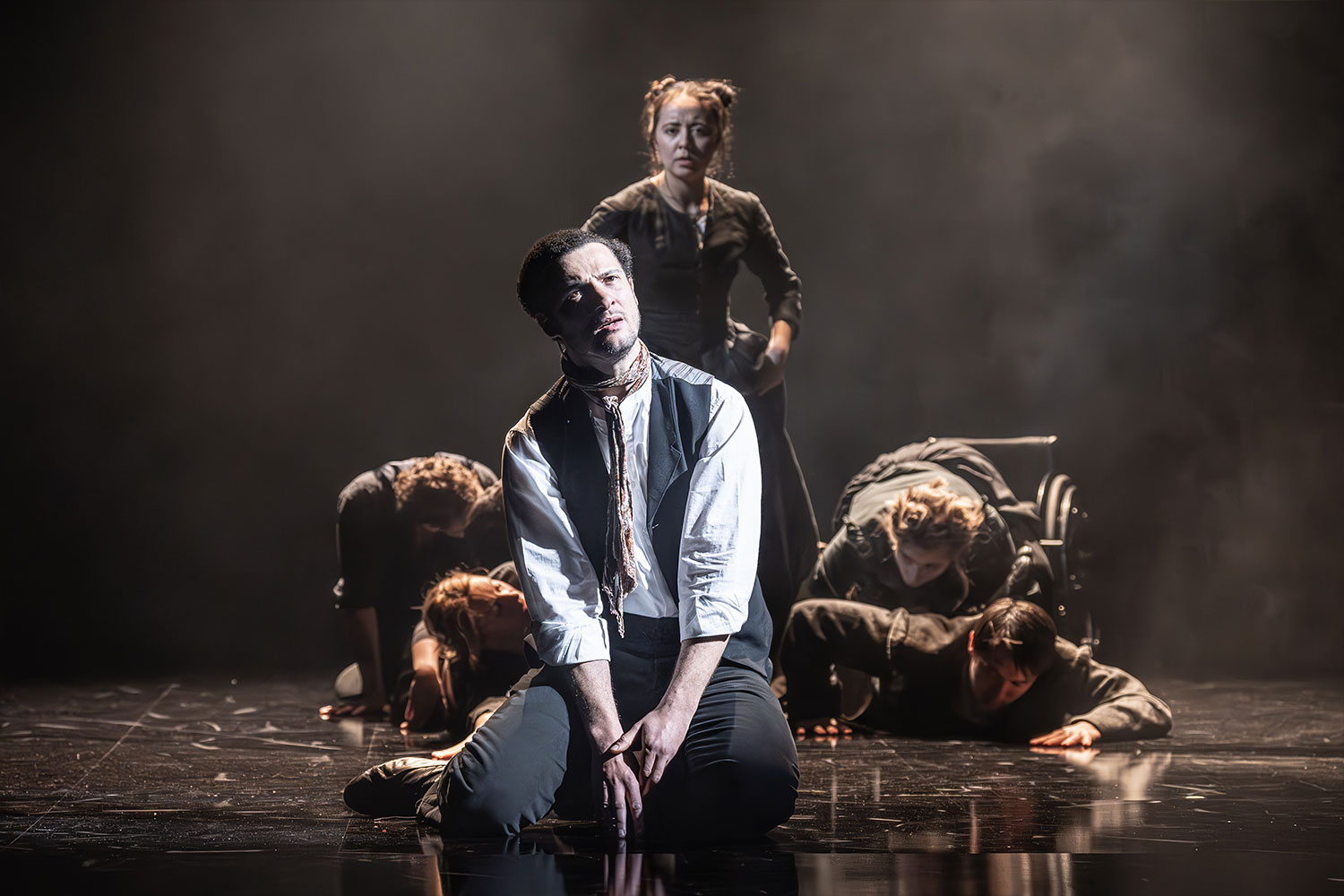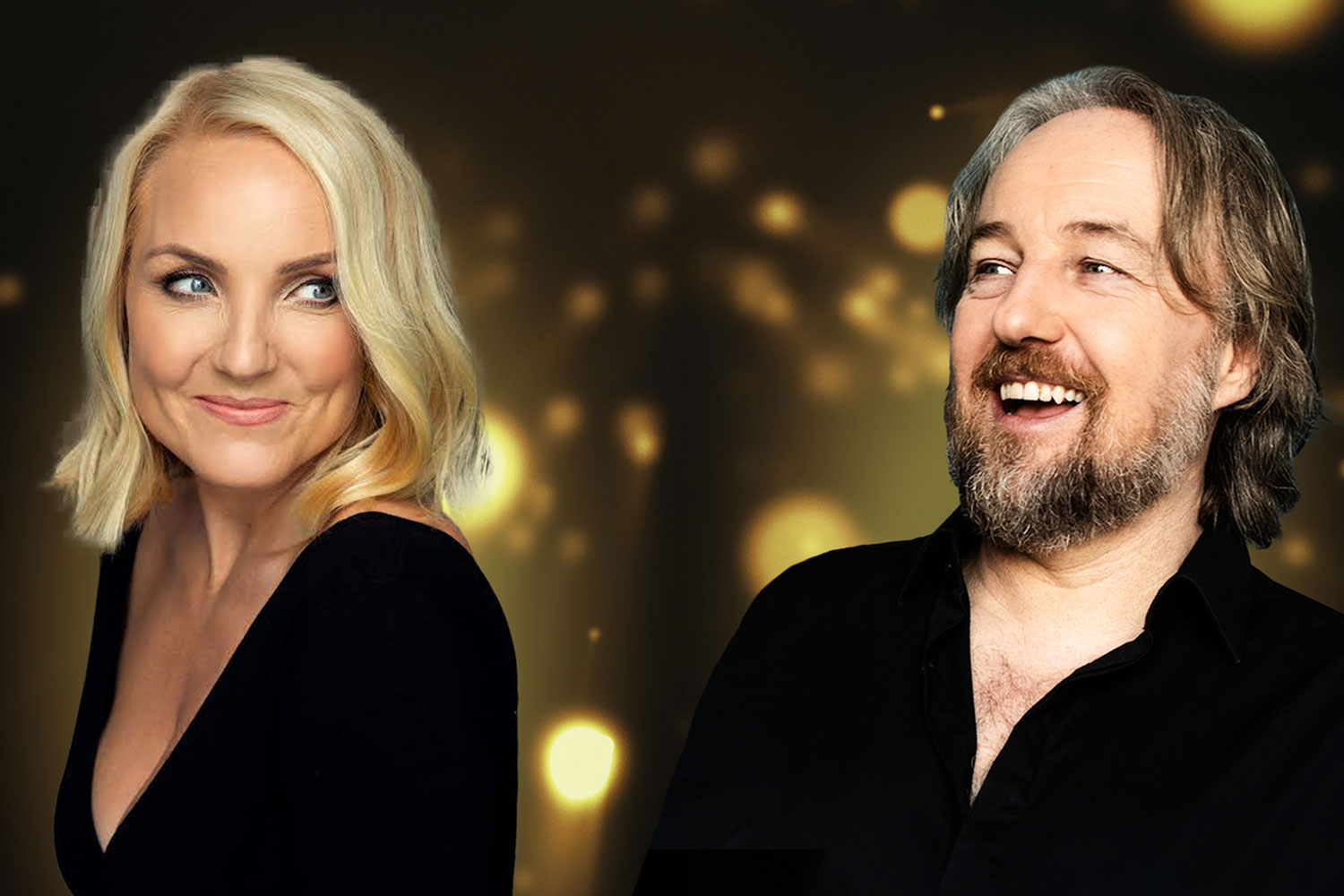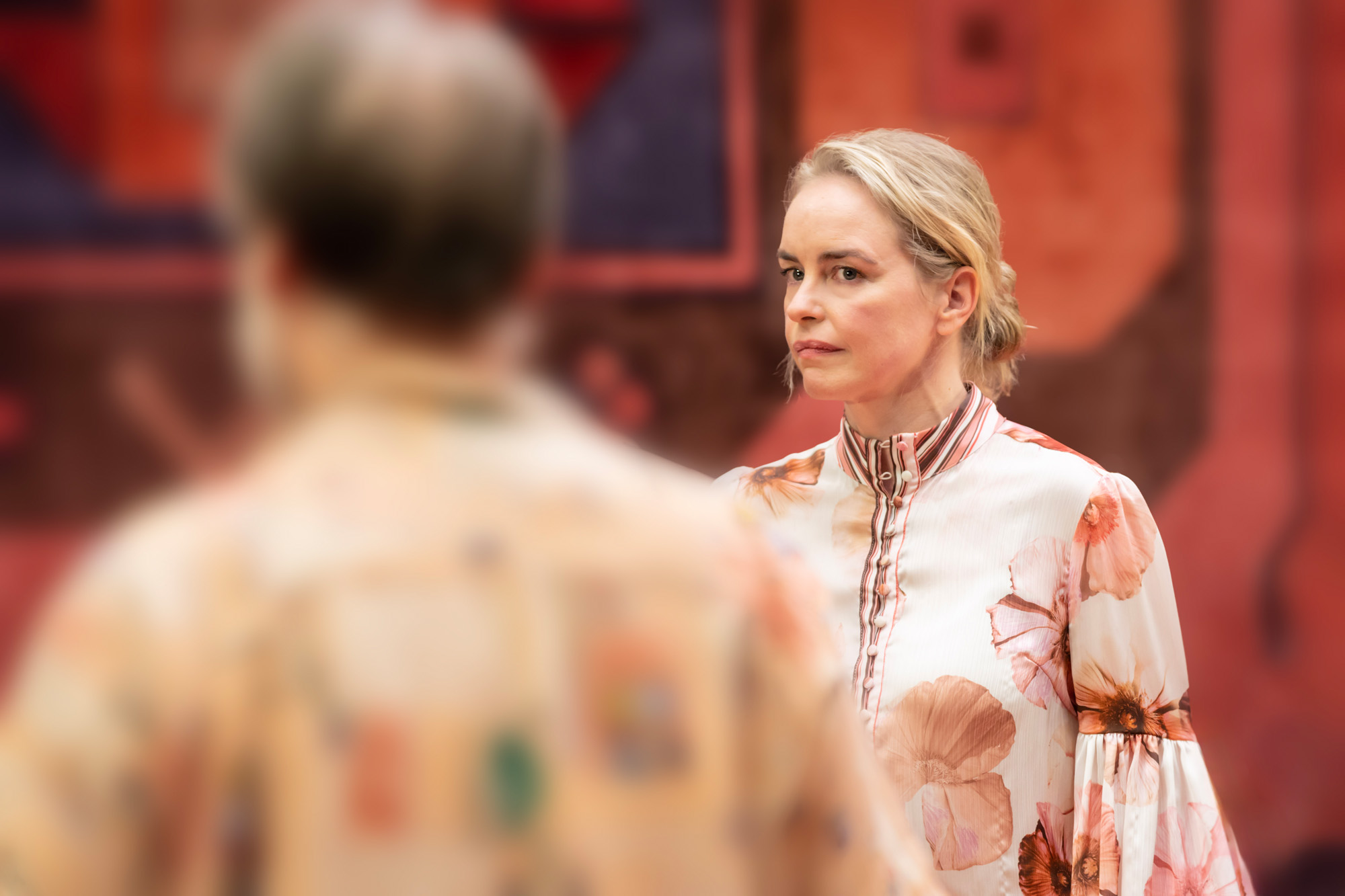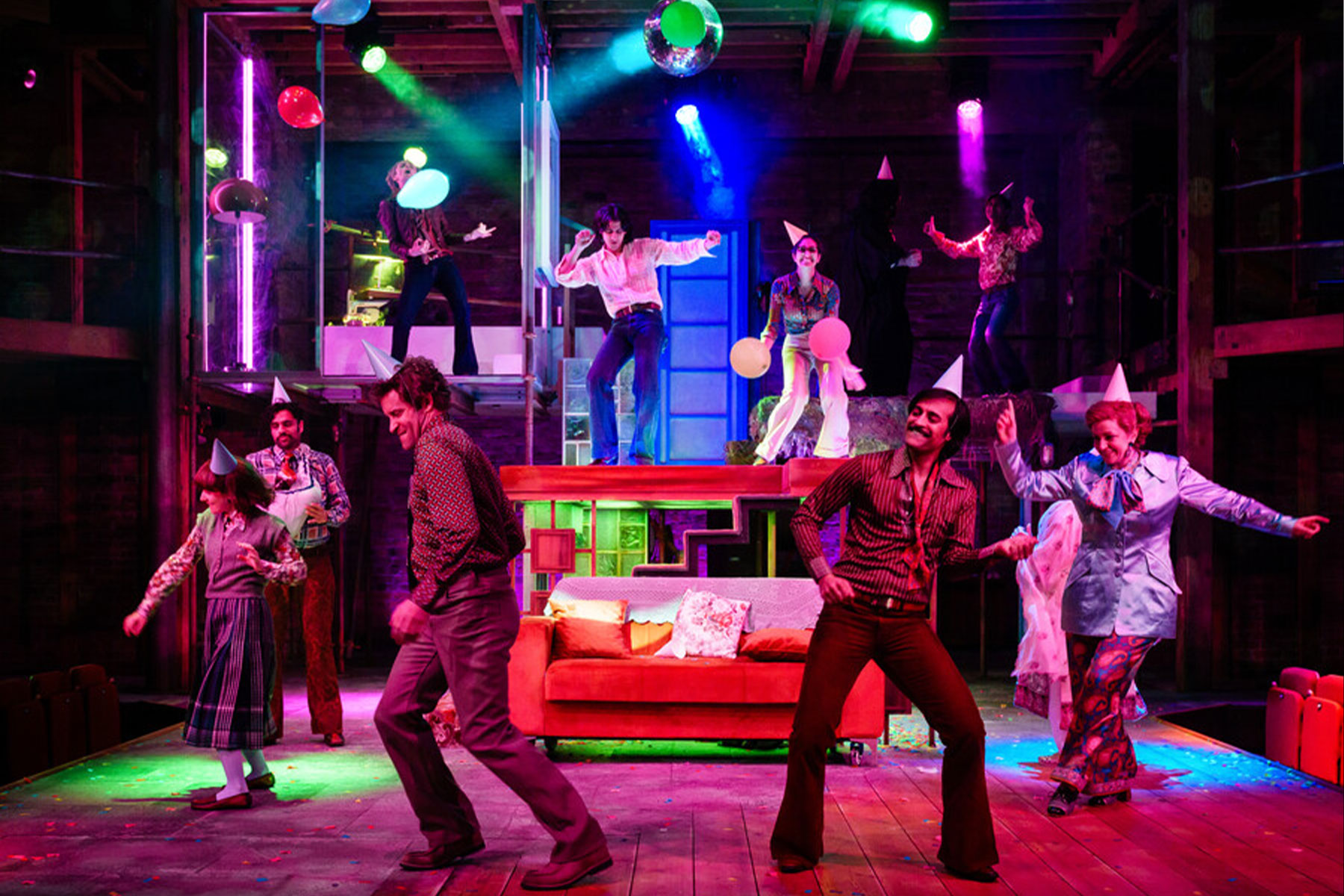Review: Frankenstein (Southwark Playhouse)
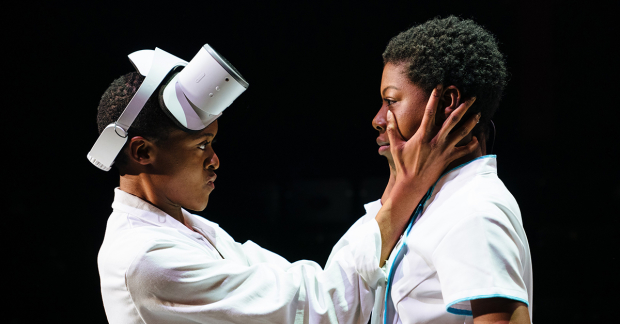
© Helen Murray
There are always plenty of stage adaptations of Mary Shelley's Gothic masterpiece Frankenstein to get you in the Halloween spirit. Shelley's monster is often reimagined as a contemporary concept we are trying to grapple with, and in this production (written by Carl Miller) it is artificial intelligence, a robot who can feel almost exactly like a human being.
This is an interesting concept to view Shelley's story from. It's current, relevant, and with a cast full of young people promises to offer a unique take on an oft-talked about subject. Sadly, the production falls into a few stereotypes. Chris Ash's synth-y music is used throughout, and Hannah Wolfe's traverse set is framed by glowing wires and LED light strips on the catwalk stage. You know, to really drive home the tech theme. The messages coming out of the show also seem quite basic: technology is bad. At one point, Frankenstein's Dad smashes up a phone during a lecture, and there's several lines about technology being the one controlling us. It reminds me of Channel 4's series Humans. We've heard it all before.
The structure is confusing – the story itself isn't clear about who we are supposed to be following until halfway through act one. Perhaps it's the adaptation, but for all the great physical work the performance feels too text-heavy and begins to drag. Some moments don't fit with the overall feeling: Frankenstein's wedding for one, and her gay best friend Clair revealing her unrequited love before dying in the next scene.
Despite an unexciting production, the performances throughout are strong. The ensemble work is tight, particularly the opening sequence where white lab coat-ed bodies march in time. Ella Dacres and Sarah Lusack as Frankenstein and Shell deliver outstanding performances: Lusack eerily creepy as a robot learning its power, while Dacres is a marvel and completely carries the story. Tiwalade Ibirogba-Olulode adds some comic value to the story as Willa, and Jamie Foulkes' Eli is charming.
Towards the end of the performance, we are each given a virtual reality headset and instructed to watch. Designed by Megaverse, the content itself is visually impressive, and will be a real treat for those who haven't had the opportunity to try out VR. Its place in the show, however, is a mystery. The VR is a rundown of what we have just been watching on stage, and doesn't add anything new. Instead, it makes it more confusing for the audience, unsure if what we have seen correlates to the next piece of action on stage.
For all the wonderful performances from the 16-strong cast, the production as a whole is disjointed, the pieces unfortunately not coming together to create a truly exciting new adaptation of Shelley's classic tale.



